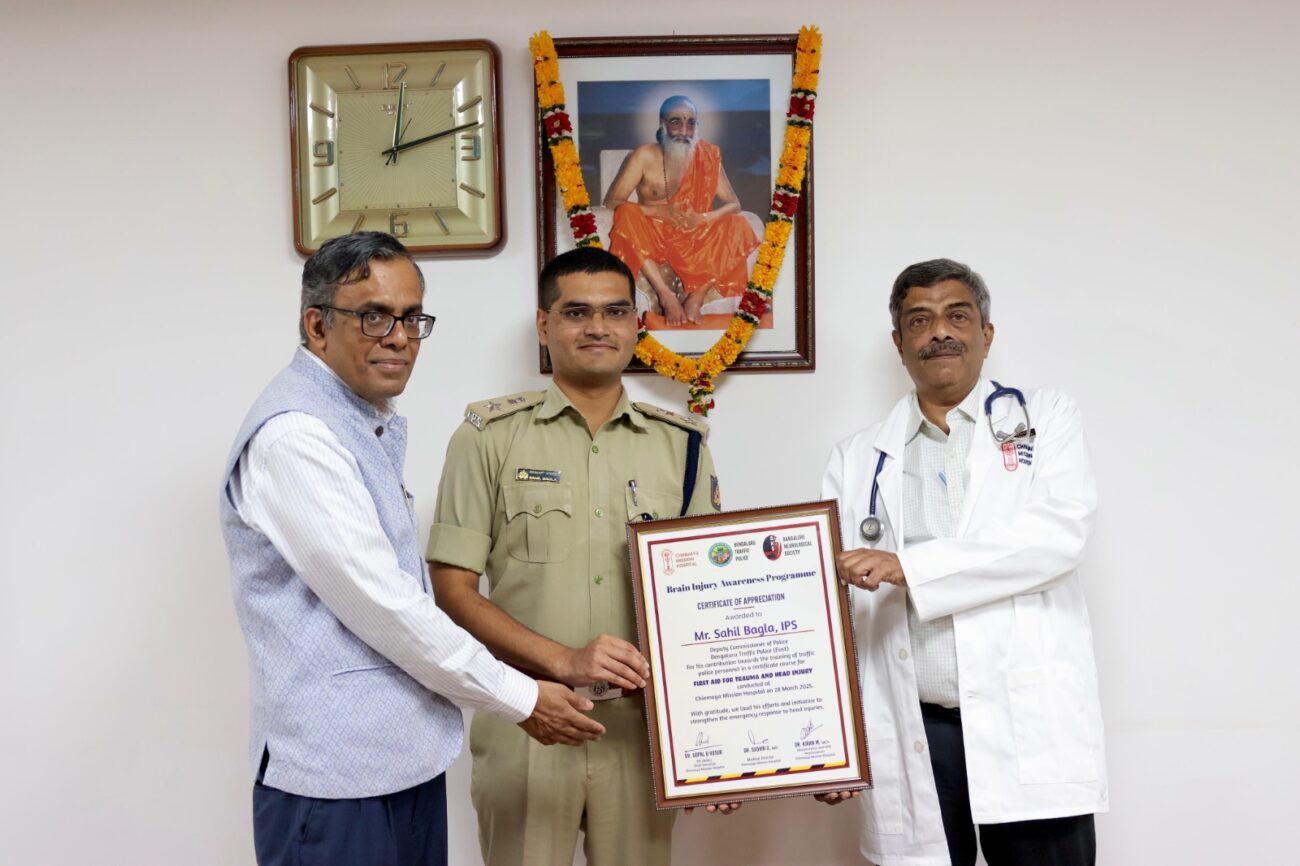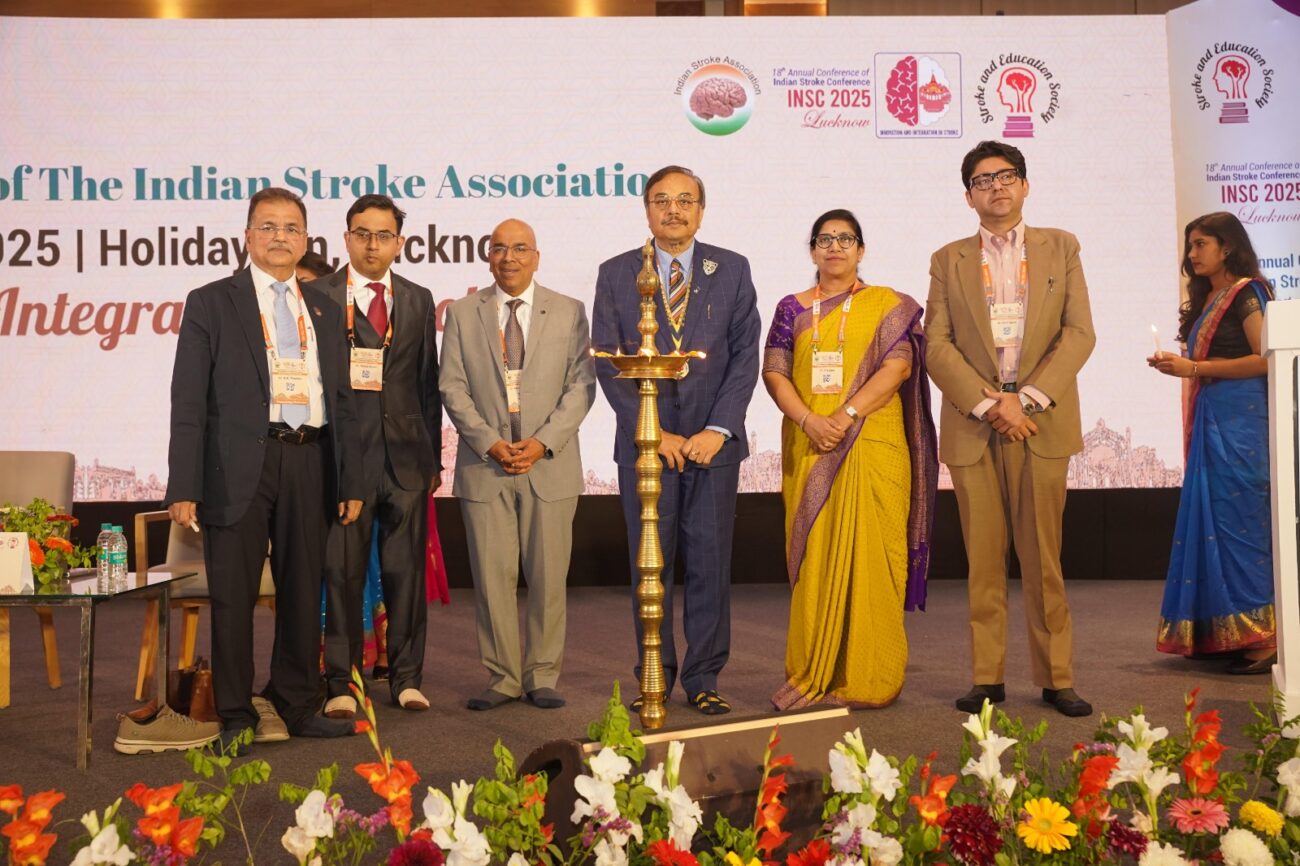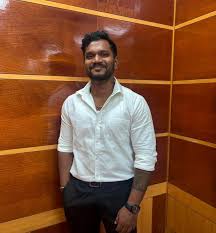Apollo Paediatric Cardiologists perform the first Paediatric Transcatheter Pulmonary Valve Implantation in the Telugu states!
A pioneering paediatric cardiac procedure, Percutaneous Transcatheter Pulmonary Valve Implantation (TPVI) was performed on a 17-year-old Engineering student Shaik Imran at Apollo Hospitals, Hyderabad, by a team of paediatric cardiologists led by Chief Paediatric Cardiologist Dr. Kavitha Chintala with Dr. Muthukumaran

A pioneering paediatric cardiac procedure, Percutaneous Transcatheter Pulmonary Valve Implantation (TPVI) was performed on a 17-year-old Engineering student Shaik Imran at Apollo Hospitals, Hyderabad, by a team of paediatric cardiologists led by Chief Paediatric Cardiologist Dr. Kavitha Chintala with Dr. Muthukumaran CS, Dr. Manoj Agarwala and Dr. Rufus Demel. The Transcatheter Pulmonary Valve Implantation procedure was performed for the first time in the pediatric age group in the twin States of Telangana and Andhra Pradesh.
The adolescent was born with a cyanotic heart disease, called ‘Tetralogy of Fallot’ wherein the oxygenated and deoxygenated blood mix in the heart, and there is decreased blood flow to the lungs. The patient’s pulmonary valve and the pulmonary artery connecting right pumping chamber of the heart, the right ventricle to lungs, was severely narrowed in addition to a large hole in the bottom chambers of the heart. He underwent intracardiac surgical repair when he was one year old. During this operation the narrowed pulmonary valve was incised and a patch with a valve fashioned from pericardium sewn into it was placed to allow smooth blood flow into the lung. Over the years this valve became completely dysfunctional resulting in leak back into the right pumping chamber, which became severely enlarged and dysfunctional. As a result of this, the teen was getting tired easily which was limiting his day-to-day physical activities.
After a thorough evaluation, the specialists decided to implant a new pulmonary valve between the right ventricle and pulmonary artery to prevent reflux of the blood. They chose the minimally invasive percutaneous transcatheter route to implant the valve. This enabled avoidance of a major open heart re-do surgery which is associated with prolonged hospital stay and recovery time and the need to go on cardiopulmonary bypass with its antecedent problems.
TPVI is a minimally invasive procedure performed in the Cath lab through the veins of the groin region via a large bore sheath called the python sheath. The Team used an indigenously manufactured valve called “MyVal” made by Meril that was originally applied as the aortic valve but is being successfully used in pulmonary position as well. The valve is made of bovine pericardium mounted on a cobalt alloy frame. The valve is crimped / compressed over a balloon and this assembly is passed through the sheath into the pulmonary artery where it is implanted in place by blowing the balloon. The valve implantation was successfully done in approximately one and half hours without any complications. He was observed in the ICU overnight and discharged the next day of the procedure. He is now ready to attend in person classes in college.
Very few cases of this nature have been performed in India and this is the first time that Transcatheter Pulmonary Valve Implantation procedure is being done in the paediatric age group in this region. Apollo hospitals, Jubilee Hills, now offers this minimally invasive non-surgical procedure to replace pulmonary valve in suitable patients, says Dr Kavitha Chintala.
About Apollo Hospitals:
It was in 1983, that Dr Prathap C Reddy made a pioneering endeavour by launching India’s first corporate hospital – Apollo Hospitals in Chennai. Now, as Asia’s foremost trusted integrated healthcare group, its presence includes over 12,000 beds across 72 Hospitals and 4100 pharmacies, over 120 Primary Care clinics and 650 Diagnostic centres, 700 plus Teleclinics, over 15 medical education centres and a Research Foundation with a focus on global Clinical Trials. The most recent investment was the commissioning of South East Asia’s very first Proton Therapy Centre in Chennai.
Every four days, the Apollo Hospitals Group touches a million lives, in its mission to bring healthcare of international standards within the reach of every individual. In a rare honour, the Government of India had issued a commemorative stamp in recognition of Apollo’s contribution, the first for a healthcare organization. Apollo Hospitals Chairman, Dr Prathap C Reddy, was conferred with the prestigious Padma Vibhushan in 2010.
For 38 years, the Apollo Hospitals Group has continuously excelled and maintained leadership in medical innovation, world-class clinical services and cutting-edge technology. Its hospitals are consistently ranked amongst the best hospitals in the country for advanced medical services.






